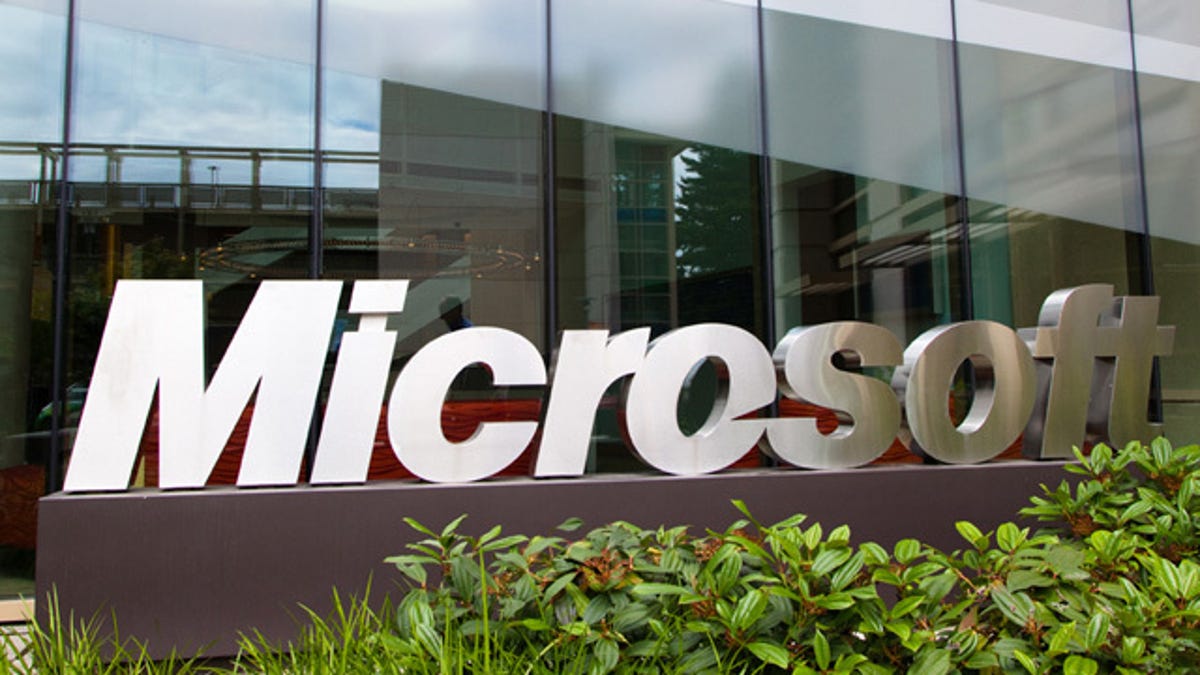'Meh' earnings a sideshow to the real Microsoft story
The ongoing decline in the PC biz led to a forgettable quarter, but Microsoft's real test starts next week with what its CEO accurately describes as a "new era."

If you ever wanted to illustrate how rapidly the personal computer business is receding from its high-water mark, Microsoft's latest quarterly earnings report lays out the shift in black and white.
On the surface -- no pun intended -- the company's September quarter rates as a disappointment, with net income dropping to $4.47 billion from $5.74 billion during the same quarter a year ago. Revenue fell 8 percent to $16 billion, from $17.37 billion. In part, the declines reflected Microsoft's decision to defer the recognition of slightly more than $1.3 billion in revenue because of upgrade offers and pre-sales of Windows 8.
Microsoft execs played up the pockets of strength in the report -- online services were up 9 percent and the company's server and tools business notched an 8 percent gain -- but the numbers reflected Microsoft's dependence on a business being turned on its head by smartphones and tablet computers. For the near term that's trouble because the salad days of the PC era are long gone.
But I doubt Wall Street will get too bent out of shape by today's numbers. This was one of those rare moments in Microsoft's history where the important news accompanying its quarterly earnings statement was not so much the statement itself. Next week, you see, Microsoft will officially release its reinvented OS, Windows 8, as well as its Surface tablet, and the company will take its next big steps into the post-PC world (bidding adieu to the world it's dominated for much of the last three decades).
Wall Street will no doubt be carefully watching this tricky transition into what Steve Ballmer described today as "a new era at Microsoft." That's more than the usual Microsoft hyperbole: Not only is Microsoft's calendar chockablock with important product debuts but also the computing world is changing, and Microsoft is late changing with it. Not fatally late, but with the PC business drying up -- revenue from Windows declined 33 percent to $3.24 billion during the quarter -- there's an urgency to Microsoft's makeover.
History buffs will recall that this isn't the first time Microsoft has found itself straddling a familiar present and an uncertain but potentially more lucrative future. In both instances, the company has known full well that staying put isn't an option. In the mid-1990s, Microsoft was late responding to the challenge presented by the Internet and scrambled to update its business model to a new reality. Unfortunately for Microsoft, its bully boy tactics also attracted the attention of the trustbusters, and the company got distracted by years of litigation with the government.
The difference here is that Ballmer and his lieutenants have planned a long time for this day, and on October 26, Windows 8 and Microsoft's Surface tablet will get their official launch, with the company backing up a big product debut with as much as $1.5 billion in marketing dollars. That's serious money but it's appropriate for the occasion, as this is one of those proverbial turning points that fill up the history books. Ballmer can't fumble this one away. If he does, Microsoft knows that its future will look a lot like Research In Motion's present.

